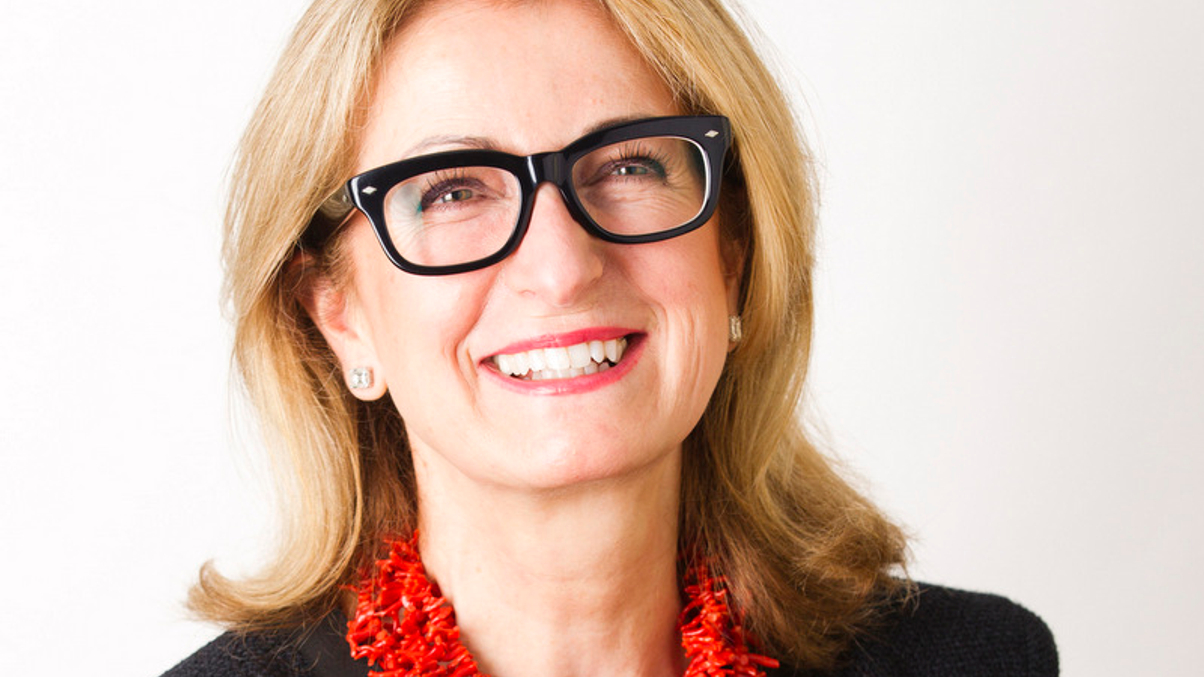BSI’s Heer to focus on hires after receiving HKMA licence
She aims to double the North Asia team in five years, with initial sights set on a Greater China head, now that the Swiss firm has booking-centre status in Hong Kong.

BSI’s deputy CEO for Asia, Esther Heer, is poised to step up hiring after the boutique private bank was granted a branch licence by the Hong Kong Monetary Authority this week.
Sign in to read on!
Registered users get 2 free articles in 30 days.
Subscribers have full unlimited access to AsianInvestor
Not signed up? New users get 2 free articles per month, plus a 7-day unlimited free trial.
¬ Haymarket Media Limited. All rights reserved.


